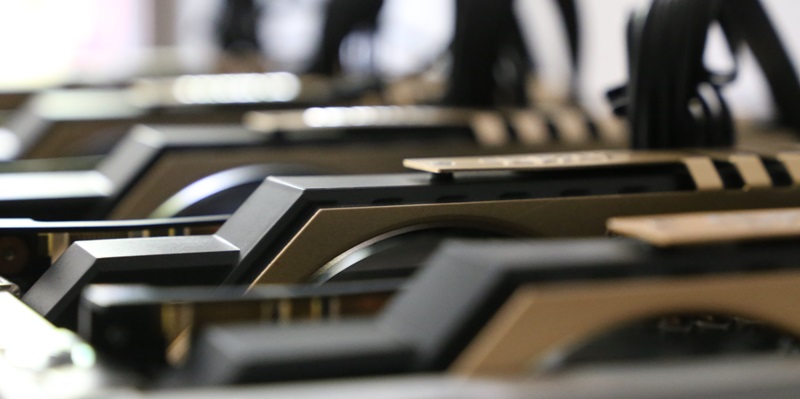Open-source software enthusiasts and developers alike have long lauded the RADV Vulkan driver for its impressive hardware support, continuous optimization efforts, and timely bug fixes. In recent months, this driver has received a significant boost with a wave of optimizations, resulting in a remarkable doubling of ray tracing performance. As a result, the RADV driver has emerged as a superior option when compared to AMD’s official “AMDVLK.” Now, there are indications that AMD acknowledges the immense potential of Mesa’s efforts and might adopt a joint approach moving forward.
Optimizations for Ray Tracing Performance
Thanks to a series of recent optimizations, the RADV Vulkan driver has witnessed a groundbreaking improvement in ray tracing performance, pushing it up to 200%. These enhancements ensure smoother gameplay and more immersive visual experiences, bridging the gap between open-source drivers and their proprietary counterparts.
When it comes to performance and support, the RADV Vulkan driver outshines AMD’s official “AMDVLK” driver. The open-source nature of RADV allows a larger community to contribute to its development, leading to faster updates, more comprehensive hardware support, and overall better performance.
AMD’s Recognition of RADV’s Potential
It appears that AMD has recognized the remarkable potential in Mesa’s efforts and the thriving RADV Vulkan driver ecosystem. This recognition has sparked speculation about AMD adopting a joint approach, collaborating with Mesa to further enhance the capabilities and compatibility of the RADV driver in the future.
Release of AMD’s Advanced Media Framework (AMF) SDK
In line with its commitment to supporting developers and leveraging the capabilities of AMD’s hardware, AMD has recently launched a new version of its Advanced Media Framework (AMF) SDK. This resource seeks to simplify the development process for multimedia applications, enabling developers to harness the full potential of AMD’s hardware.
Seamless Support for AMD Hardware
The AMF SDK serves as an invaluable tool for multimedia developers, streamlining support for AMD’s hardware. With robust documentation, sample code, and numerous resources, developers can create multimedia applications that maximize the capabilities of AMD’s GPUs and APUs.
AMF SDK Support for AMDGPU-PRO Vulkan Driver
The latest iteration of the AMF SDK, version 1.4.33, introduces comprehensive support for the AMDGPU-PRO Vulkan driver. This allows developers utilizing this official AMD driver to benefit from the enhanced multimedia capabilities and seamless integration provided by the AMF SDK.
Experimental Support for RADV Vulkan Drivers
A noteworthy and exciting development is the addition of “experimental support” for Mesa’s RADV Vulkan drivers in the AMF SDK. This addition underscores the growing importance of the RADV driver and its widespread adoption. AMD’s decision to include experimental support indicates their commitment to furthering the capabilities and compatibility of the open-source driver.
Implications for AMD’s Future GPU Drivers
The support for RADV in the AMD SDK offers an encouraging glimpse into the potential direction of AMD’s GPU drivers in the future. By embracing open-source innovation and collaboration, AMD could lay the groundwork for more robust and performance drivers that cater to the diverse needs of users and developers.
As the RADV Vulkan driver continues to solidify its competitive position with impressive hardware support, optimizations, and bug fixes, AMD’s collaboration with MESA hints at a joint approach moving forward. The recent release of the AMF SDK with support for both AMDGPU-PRO and experimental RADV drivers highlights the growing partnership between AMD and the open-source community. This joint effort signifies a positive step towards advancing hardware support, performance, and compatibility, ultimately benefitting both developers and users alike. It will be intriguing to witness how this collaboration unveils further developments, ensuring a bright future for open-source GPU drivers.

